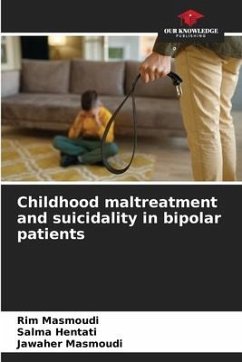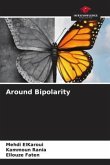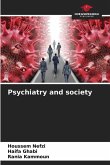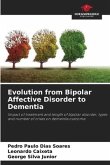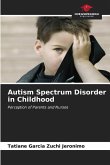Bipolar disorder (BD) is a complex disorder involving genetic vulnerability and environmental factors such as childhood maltreatment. We conducted a study of patients being followed for BD to assess their experience of childhood maltreatment. We conducted a retrospective assessment of childhood maltreatment using the Childhood Trauma Questionnaire (CTQ). The Suicide Probability Scale (SPS) was used to assess suicidal risk. In our study, 45.2% of patients had experienced at least one type of childhood abuse. Physical abuse was the most frequent form of maltreatment (28.6%). Childhood maltreatment was associated with an earlier age of onset of TB, more frequent thymic relapses, a rapid-cycle course, poor therapeutic compliance and a higher suicidal potential. These findings underline the negative impact of childhood maltreatment on the course and prognosis of TB. Preventive measures are needed to limit their deleterious effects.
Bitte wählen Sie Ihr Anliegen aus.
Rechnungen
Retourenschein anfordern
Bestellstatus
Storno

